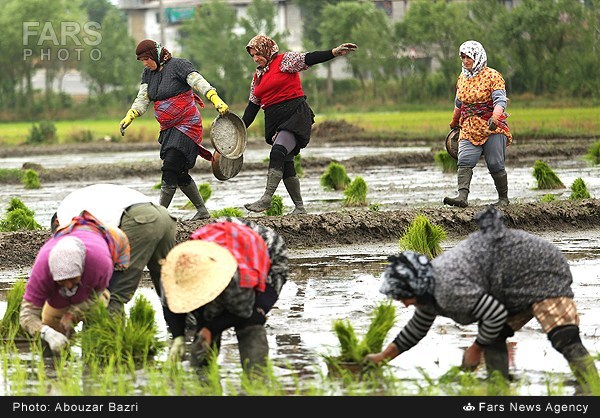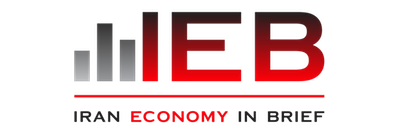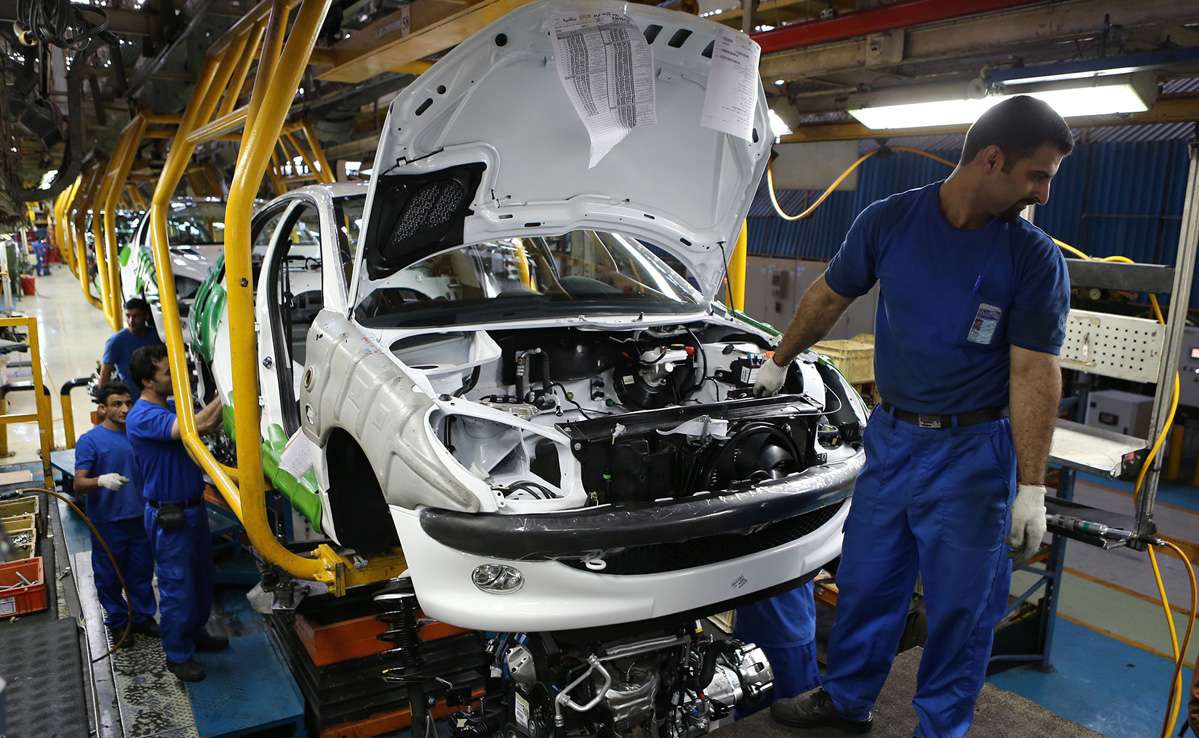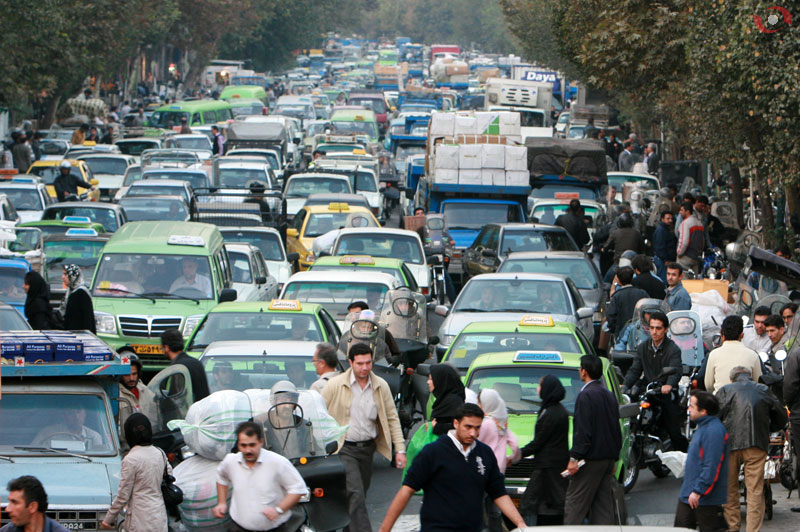
Import of rice: banned until the next announcement
Minister of Agriculture, Mahmoud Hojjati, explains the reason for the ban on rice imports: the increased import of rice in the first four months of this year (i.e. April to July 2017) lead to domestic farmers being unable to sell their rice. Approximately 3.2 million tons of rice are annually used in Iran of which 2.2 million tons are produced domestically and the rest is imported. However, a portion of the rice import takes place via border markets which is generally not considered in the statistics. Mr. Hojjati said that the import of rice in the first four months of this year were such that domestic rice could not be sold by farmers and therefore rice orders are put on hold for a while. Once the market is balanced, importing rice will be resumed under control.
Municipality of Tehran; short in finance
Tehran has several problems; public transportation and pollution are the highlights. Qanun daily reported about recent talks of increasing the cost of living in Tehran as a solution for some of these problems. The Deputy Mayor of Tehran Traffic, Mohsen Poor Seyyed Aghaii said: “The reason personal vehicles are used excessively in Tehran is that transportation tolls are very low in Tehran.” He added that developing public transportation requires more financial sources. Completion of Tehran’s seven subway lines and reducing the waiting time to three minutes need 220 thousand billion IRR ($6.2b). And as Metro operates at loss, investors are uninterested in investing in it.
Read more about Tehran Public Transport
Iranian – Korean collaboration for new wagons
Abrar daily reported about the biggest recent contract in the rail industry. A contract for the manufacture of 450 railcar wagons between Iranian Rail Industries Development Co. (IRICO) and South Korean Hyundai Rotem was signed this week. The 750 million dollar contract financed by South Korea will be carried out over 78 months. Abbas Akhundi, the Minister of Roads and Urbanization, announced that by completing this project, the country’s annual rail capacity will reach 70 million passengers. This project is also expected to create 1000 direct and 1700 indirect job opportunities. The construction will commence alongside a technology transfer and IRICO has already been licensed by Hyundai. The project is owned by Suburban Rail Co which is fully owned by the government. Mr Akhundi said that with the approach of the cold season and inversion, there is greater need to use trains for suburban transportation.
Climate talks in Iran
“the agriculture sector will suffer 120 thousand billion IRR ($3.4m) in damages, annually”, said Mohsen Naseri, professor at the University of Tehran at “Climate Change and its Effects on the Economy and Business” hosted by Iran Chamber of Commerce. Shargh daily reported that most speakers were in agreement on the use of solar power, focusing on low carbon economics and investing in these areas. Reduction of rainfall will affect Iran’s hydroelectric power as well as 50% of the countries dry farming.
Read more about Climate Change in Iran



